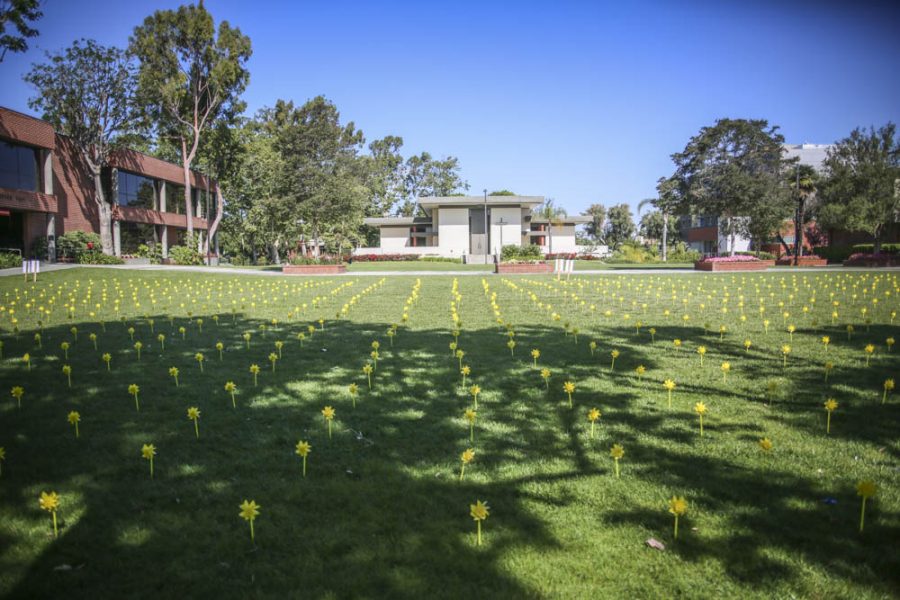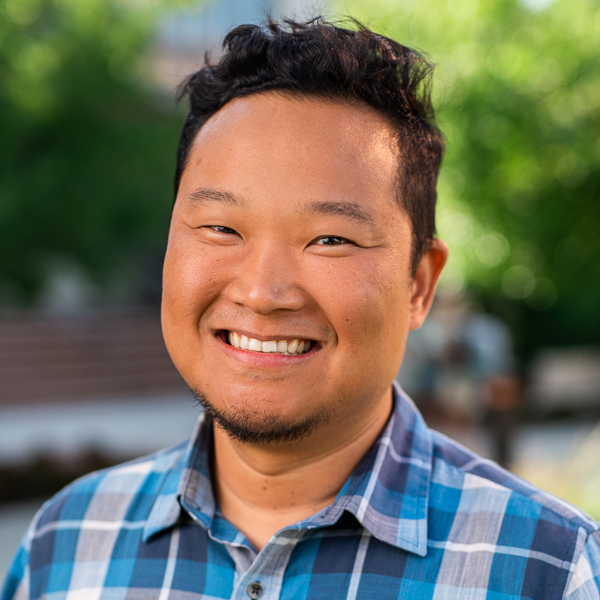RAs a resource, not a counselor
Residential advisors are only expected to pass along reports of sexual assault to trained professionals.
May 3, 2016
While a resident advisors can make a crucial point of contact for a Biola student looking to report a sexual assault, current and previous RAs recalled varying levels of preparation in the area of reporting sexual assault.
All, however, made two points clear: as RAs, they did not receive extensive training or preparation to provide assistance or emotional aftercare to residents nor are expected to fulfill that role.
“We are very aware that we are not trained professionals to deal with this sort of incident,” said Alyse Pugh, a junior psychology major and an RA in North Horton. “They equip us in how to quickly report it and getting the right people involved to handle the situation, and then be there and being present with the resident, walking alongside them in this very sensitive incident.”
ROLE OF AN RA
The role of an RA is to be an extra point of contact for students who want to report a sexual assault and one students rarely use, according to Sandy Hough, associate dean of student life and student care. Students are more likely to contact student care staff or Campus Safety officials, who are required to be involved in any report of sexual assault, Hough said.
“When it comes to these crises and deeper issues, we don’t want the RA to feel like they are the ones to provide that ongoing care,” Hough said.
Before residents arrive on campus, RAs receive training in student care procedures. This involves a review of Biola’s policies on sexual assault, Title IX, how the school complies with the SAVE Act, Clery Act and the Violence Against Women Act and a reminder that RAs are mandatory reporters, and therefore legally required to report sexual assault.
Rape Aggression Defense sessions
Senior humanities and music and worship major April Cisneros is an RA in Blackstone. Beyond several helpful in-services on empathy, active listening and conflict solving as follow-ups to the intensive summer training, she remembered nothing specific about sexual assault past the initial instructions about filing a preliminary report.
“You connect them to resources, but that person is still living on their floor and that person is still having trouble getting out of bed, going to class, having trouble functioning ― and that is not something that goes away after you finish connecting them to resources and filling out paperwork,” Cisneros said.
Kelly Stanek, a senior biology major and an RA in Hope North last year, worried not all may be aware of the way their RA could connect them to resources after any assault or trauma.
“I think a lot of girls might not want to burden their RA. I know that was the case with some of the RAs on the floor. It is part of our job, to help to provide amazing resources to them and part of that resource is to report certain situations that are not right,” Stanek said.
RAs can also request a short Rape Aggression Defense session with Campus Safety officers for their floors, where they receive tips on awareness and preventing sexual assault, as well as some basic skills they can use. Justin Shelby, Campus Safety’s public information officer, said any group, not just residence life staff, can request a similar seminar.
RAs use Sexual Violence Prevention Week to raise awareness
For each student development or student awareness week, RAs are required to organize their residents to attend at least one of the events. Pugh said she planned to bring her floor to Wednesday’s AfterDark chapel, while Robert Heckert, a junior english major and an RA in Hope South, brought some of his residents to the Wednesday morning chapel with Amy Rasmussen Buckley from the Stop the Silence Initiative.
Heckert said neither residence life staff nor his residents often discussed the topic of sexual assault prior to the awareness week, so he hoped the attendance would start important conversations.
“I was wondering why other issues came up more…And I think the less you shame it, the less it is taboo, the more likely people would be able to talk about it,” Heckert said.







